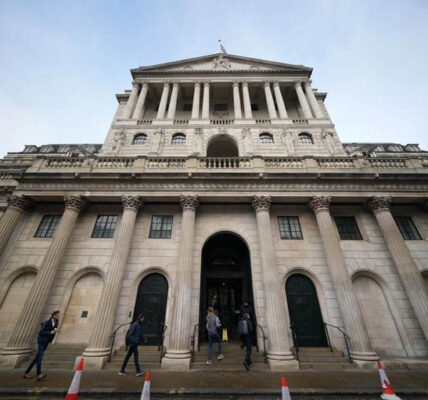Understanding Insurance Premium Tax (IPT) and Its Impact on Your Finances
Explore the implications of Insurance Premium Tax (IPT) on your household finances and why it’s important to be aware of its effects on insurance premiums in the UK.

Insurance Premium Tax (IPT)
When you think about insurance, you’re probably considering the protection it offers against unexpected events. But did you know that there’s a tax associated with your insurance premiums? It’s called Insurance Premium Tax (IPT), and it’s worth understanding its impact on your finances.
What is Insurance Premium Tax (IPT)?
Insurance Premium Tax (IPT) is a tax levied on most general insurance policies in the UK. Whether you’re insuring your home, pet, private medical care, or motor vehicle, IPT is added to the cost of your premium. While it’s a tax charged to insurance companies, it often finds its way to your bill, affecting the amount you pay for insurance coverage.
The Impact of IPT on Your Wallet
The Association of British Insurers (ABI) highlights the significance of IPT in your financial obligations. According to their calculations, the average cost of motor insurance increases by £67 due to IPT. That’s money that could have been used for other essential expenses.
Understanding the Hidden Tax
Despite its impact, IPT remains relatively unknown to many consumers. A survey commissioned by the ABI revealed that half of the respondents had little or no idea of how IPT influences their insurance costs. This lack of awareness underscores the importance of understanding the components of your insurance premiums.
Who Bears the Brunt?
One of the most concerning aspects of IPT is its disproportionate impact on low-income households. Those who spend a larger portion of their income on insurance, such as home and motor cover, bear the brunt of this tax. This regressive nature of IPT underscores the need for policymakers to reassess its implications on different socioeconomic groups.
 The Call for Action
The Call for Action
With the cost of living crisis looming, the ABI is urging the government to take action. They advocate for a reduction in IPT to alleviate the financial burden on millions of homeowners and businesses. Mervyn Skeet, the director of general insurance policy at the ABI, emphasizes the urgency of addressing this issue to support those who rely on insurance for financial security.
Government Response and Market Dynamics
In response to calls for IPT reduction, the government maintains that IPT contributes over £7 billion towards vital public services. However, they emphasize that the extent to which IPT is passed on to consumers is a decision for insurers. The government also points out that factors such as market competition and the rising costs of raw materials and labor contribute to the overall price of insurance.
Looking Beyond IPT
IPT is just one of the factors influencing the affordability of insurance. Insurers are grappling with various challenges, including increasing premiums due to rising costs of materials and labor. These additional levies contribute to the financial pressure faced by households across the UK.
Conclusion
Insurance Premium Tax (IPT) may seem like a hidden expense, but its impact on your household finances is significant. Understanding how IPT influences your insurance premiums is essential for making informed financial decisions. As discussions around IPT reduction continue, it’s crucial to stay informed about changes that could affect your insurance costs. By advocating for transparency and accountability in the insurance industry, we can work towards a more equitable financial landscape for all.




1 COMMENTS